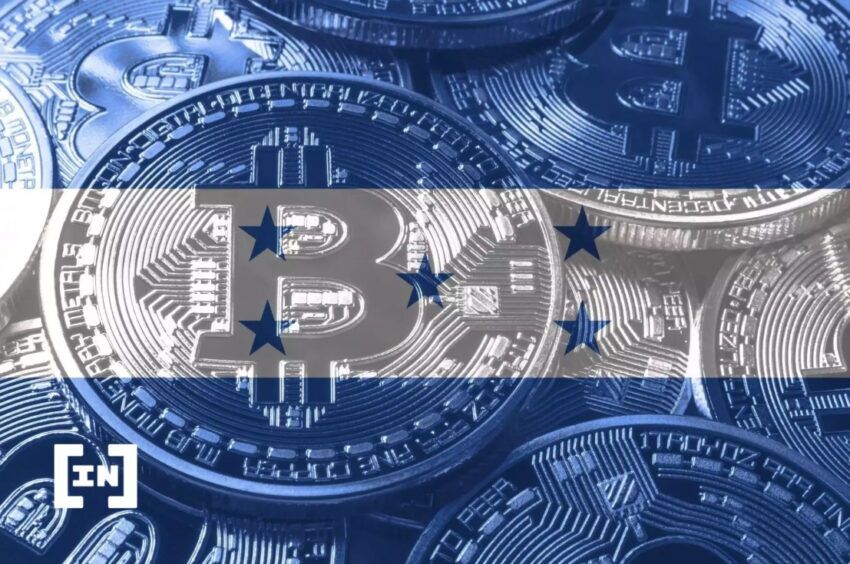Key facts:
Satoshi Nakamoto’s approach can be applied to a new domain: governance.
In a free city, innovative policies are applied to allow freedom.
The creation of free cities, or cities endowed with autonomy and aligned with libertarian principles, was addressed at the Adopting Bitcoin Conference.
The director of the Free Cities Foundation (FCF), Peter Young, presented together with Timothy Allen, photographer and ambassador of that foundation, the initiatives that have been developed around the concept of free cities. This was at the Adopting Bitcoin conference, which was held in El Salvador from November 15 to 17, which has been covered by CriptoNoticias.
Free cities, Young asserted, can be defined as autonomous territories that adopt innovative policies to enable human freedom. To make that concept concrete, it is possible to apply the principles developed in the creation of Bitcoin, Young says.

“We already have digital money in the form of bitcoin; what we need is to have jurisdictions, or cities, or small autonomous territories that are guided by the principles that govern bitcoiners, “explains Young.
Peter Young
Among those principles would be a simple set of rules that cannot be changed by a central authority, or the possibility of interaction between all people, limited to being voluntary. “I think we should have these kinds of communities in the physical world, as they already exist in the digital world,” he adds.
The foundation works with various projects in Europe and the Americas, which have varying degrees of development, says Young, referring to the so-called intentional communities. These are communities in which its members agree to form an autonomous territory within a nation-state. Although they have no legal status, there is a greater degree of autonomy in these territories than in the rest of the country, Young says.
For example, the community of Liberstad, in Norway, works with its own rules and the transactions between the members of the community are made in bitcoin. Only relations between Liberstad and the rest of Norway follow official regulations. Montelibero is another project deployed in Montenegro, in the Balkans.
Bitcoin flourishes in the Honduran city of Próspera
Allen talked about the island of Roatán in northern Honduras where Próspera is located, a city that had autonomy status, but which was repealed by the Honduran Supreme Court of Justice. Even so, in Próspera the spirit of progress through agreements between its inhabitants has been maintained. For example, a modern bitcoin education center has been built there to instruct residents on its use. Activities aimed at children and the elderly are included.
Allen pointed out that Próspera continues to enforce contracts between citizens and service providers, within the philosophy of autonomous territories. With major real estate development driven by demand for living and working space, there are special contracts between builders and residents. For example, if residents who have a magnificent view of the sea want to ensure that it will remain, they can choose not to build new buildings, through an economic agreement, paid in installments, Allen said.

There are other autonomous projects that continue to be developed in Honduras despite the legislative brake on granting jurisdictional independence, such as the cities of Morazán, aimed at working-class and middle-class residents, and Orquídea, which does not include a residential component. Instead, this community plans to focus on producing fruits and vegetables for export.

